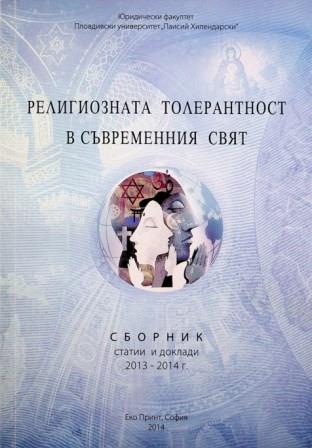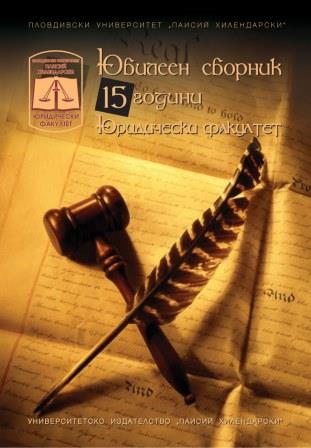
Принципите на религиозна толерантност, съвременното българско законодателство и законодателни инициативи
This article introduces the widely-acclaimed A Letter concerning Tolerance from 1686 by the famous philosopher and political thinker John Lock. This letter was published as a basis for religious tolerance as a notion which is universally considered to be condition sine qua non when it comes for peaceful and just cohabitation in all countries. The notion has been examined in terms of development in the Universal Declaration of Human Rights , adopted by the member states of the United Nation in 1948. The Declaration of the Principles of Tolerance adopted at the General Conference of the United Nations Educational, Scientific and Cultural Organization (UNESCO) in Paris in 1995 and the Charter of Fundamental Rights of the European Union. Main focus in the article is put on tracking and examining how religious freedom is practised in democratic and pluralistic. The amendment of the Religious Denominations Act introduced by the 42nd Parliament assembly is referred to in that respect. The act explores principles of separation of religious institutions from the state whereby the religious norms are clarified in reference to religious service- temples, monasteries and other religious institutions as well as persons holding religious ranks who are in charge of said service. Other norms are also given consideration; such as to the Bulgarian Eastern Orthodox church and its local division units- private persons as well as different religions which are also registered in official capacity in the Republic of Bulgaria by way of securing beneficial conditions for the supply of documentation indicating ownership, property protection and the specific purpose of religious service.
More...

